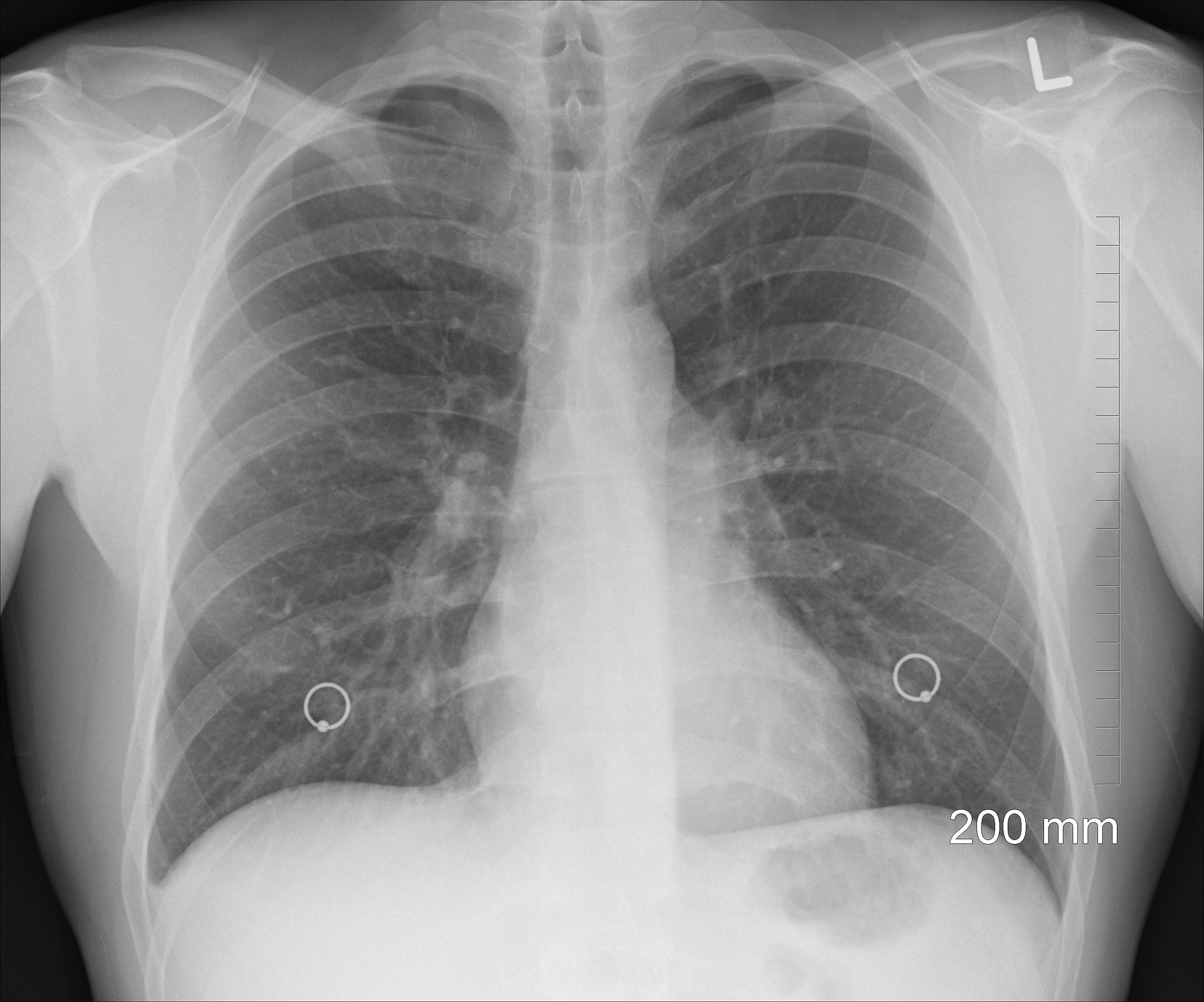Two years after undergoing lung transplant surgery, a female patient developed a very aggressive form of lung cancer. It turns out that the donor—a woman in her fifties—had been a heavy smoker, smoking a packet of cigarettes every day for thirty years. Tobacco is the primary cause of lung cancer.
At the time of the transplant, the lungs passed the transplant eligibility tests and were safe to all intents and purposes. In reality, however, they were already “infiltrated with micro-metastases, which could not be detected at that time”. In its October 2018 issue, the journal Lung Cancer explains that “the recipient’s immunosuppressant therapy triggered accelerated growth of the primary tumour and metastases”.
The 39-year-old female patient had already been diagnosed with cystic fibrosis—a potentially life-threatening genetic disease that essentially reduces lung function. The majority of cystic fibrosis patients do not live beyond the age of 50. She now also has to come to terms with the lung cancer diagnosis because the Montpellier hospital detected a “particularly aggressive cancerous tumour” following a lung X-ray.
People with a history of cancer are not allowed to donate their organs. Clinicians suggest that smokers should also be prevented from donating organs because “the emergence of lung cancer in the recipient was triggered by immunosuppressant therapy”.
See also:
Organ donor transmits breast cancer to four recipients
Immunosuppressant treatments increase the risks of cancer following transplant surgery
Kidney transplant recipients at greater risk of developing melanoma
Increased risk of cancer in transplanted patients
Transplanted children are more prone to develop cancer
Pourquoi Docteur, Mathilde Debry (01/11/2018)
Photo : Pixabay DR

